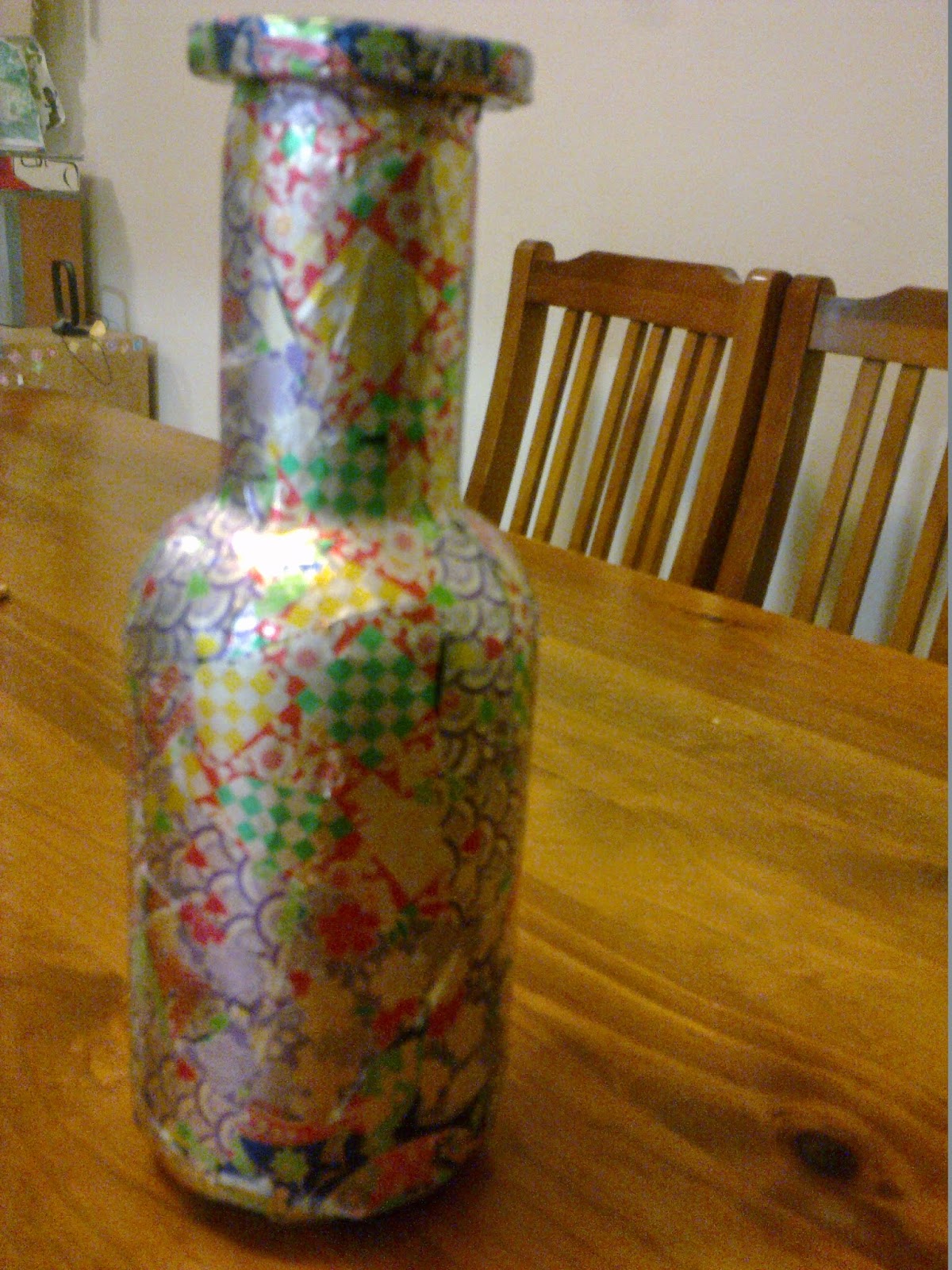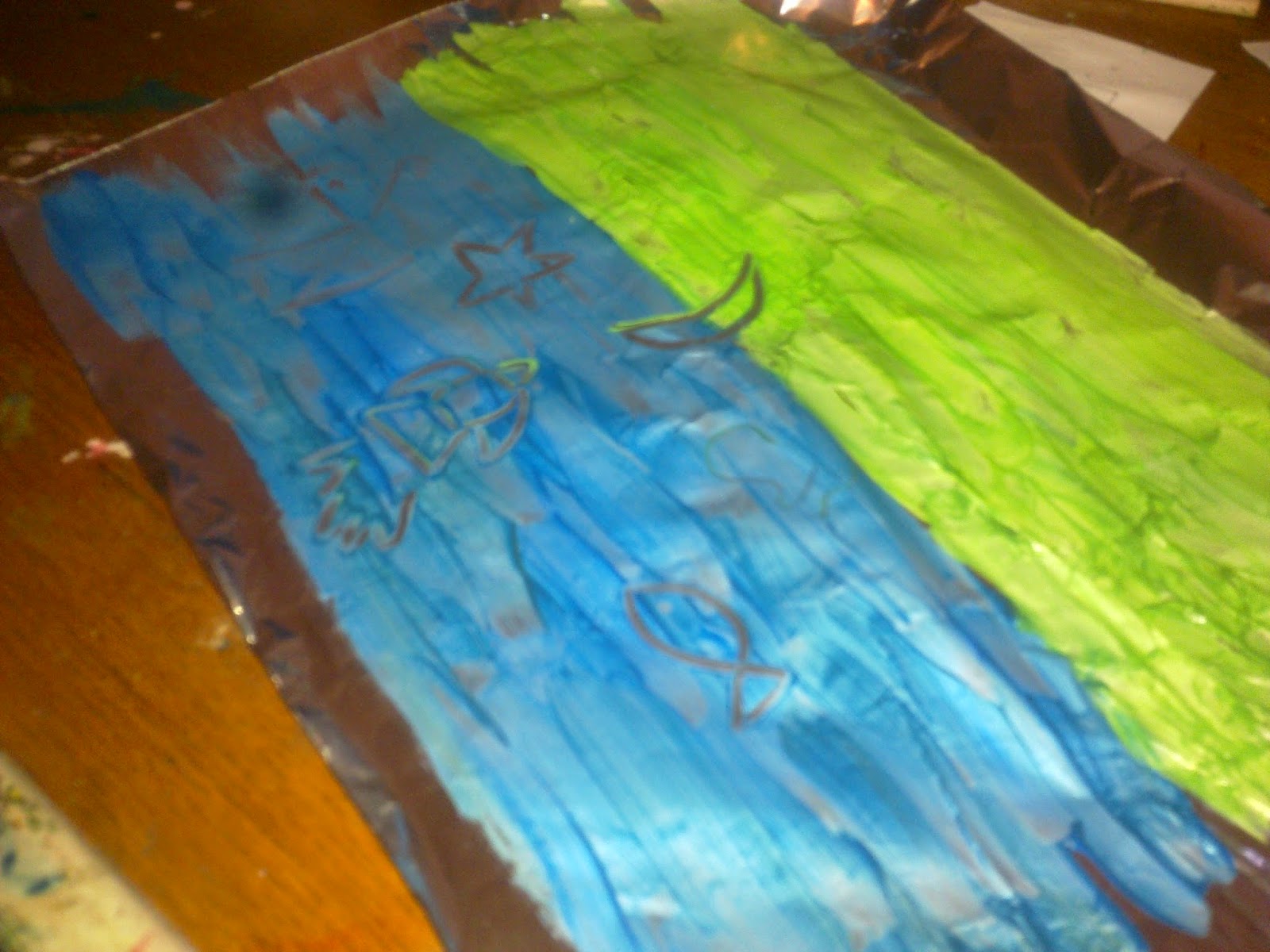You might remember a TV commercial a few years back promoting Telstra broadband.
The commercial opens with an eager looking, primary school-aged boy in the back of the car, asking his father,
“Dad, why did they build the Great Wall of China?”
The tough-guy dad looked blankly ahead, and then said, with deadly seriousness, “That was during the time of Emperor Nasi Goreng... they wanted to... keep the rabbits out,” and then repeated, as if to consolidate his answer, “yes, too many rabbits in China.”
The scene then cuts to the boy standing in front of his class getting ready to give his presentation on China. We all know what happens next!
We’ve all been there before. Called upon to answer a difficult question, or to explain yourself for some misdeed, you freeze – and then the imagination kicks into overdrive – and out comes a tall tale that surprises even yourself with its outlandishness!
And if you happen to be parent to a toddler who loves stories, you might frequently find yourself in a similar position of having to make up some wonderfully outlandish stories (though not with such dastardly consequences)!
Over the last few months, I must have easily told ten, twelve stories each day. The criteria: they must not be stories “from a book” but “from your mouth” (as one author calls). Bad stories will not be accepted no matter how many times you say “The End” and must be continued and retold to the audience’s satisfaction. Unless you are a Roald Dahl or Enid Blyton, this is a very challenging brief indeed!
True, most of them last less than a minute; and almost all are conveniently ended by potty runs, baby screams and usually by Karsten himself short circuiting my plot with his favourite one and only happy ending. Well, when you are only two years old with an unyielding obsession with cars and diggers, there really isn’t a lot of creative licence to tell a really good story. To be honest, most of the time, he just wants us to join in his pretend-play narrative (or his “recitative” as one radio presenter calls it).
So whilst my son’s interest in these “stories” dwindle as quickly as it’s kindled, I toy with them long afterwards to amuse and challenge myself as to the genesis of these un-premeditated stories. Where do our stories come from? I think of parents everywhere, doing exactly the same thing – where do they get their inspiration? Do they draw upon the fairytales, fables and folklore of their own childhoods? Are their stories moralistic? Or are they whimsical and surrealist? Do they plagiarise from books they have read, or are they pure and original? What if we could harness this creative energy that is being expended everywhere, every day?
So here is my invitation to you: to add to the collective wealth of spontaneous story-telling by submitting your own un-premeditated tales of an outlandish nature to “
The Scheherazade Experiment”. They may be a minute long, they may be an hour long, they may be revised or unabridged, they may have been told to a real child or not at all, so long as they retain the spirit of the “make-it-up-as-you-go-along”. Sort of a written theatre sport.
The title of this experiment pays homage to the heroine in the story of the Arabian Nights, Scheherazade (pronounced "Sha-hair-ra-zard"). The story goes that a king, spurned by an unfaithful wife, vowed to spend each night with a new maiden and execute her in the morning. Soon there were no virgins left in the kingdom. Scheherazade bravely offered herself to the king. Each night, to delay her own execution, she would spin tale after tale after tale, but withhold the ending until the next night to keep the king hanging, until the king eventually relented from his vow. Hence, legend goes, the collection of stories that became “A Thousand and One Nights”.
Our storytelling motives may not be so macabre, but they are, to an extent, born of necessity. And necessity is the mother of all invention. So mothers must invent the best stories, right?
.jpg)







